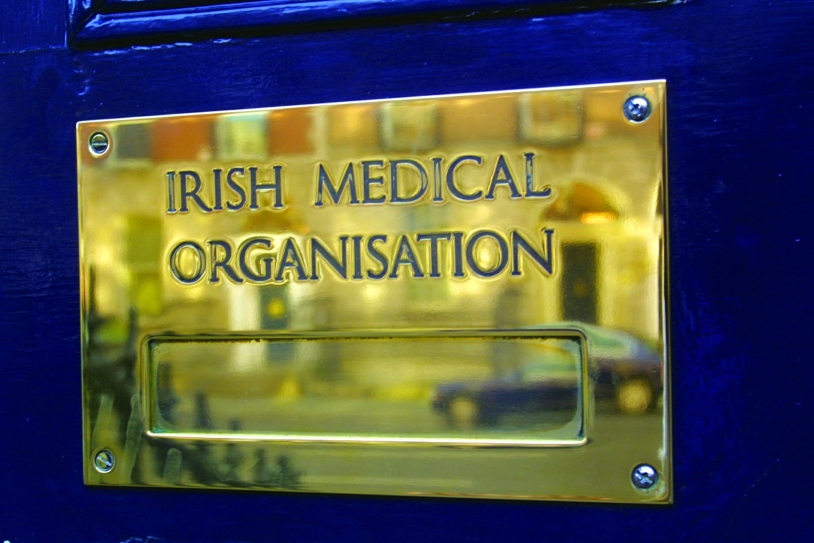The new Government of Ireland must prioritise “evidence-based medicine” in its rollout of Sláintecare, according to RCSI President Mr Kenneth Mealy.
Mr Mealy’s comments come ahead of the main Friday session of RCSI’s Charter Day Meetings, its annual surgical conference that explores medical innovations and healthcare challenges.
Healthcare spending in the West is rising to unsustainable levels as populations grow, age, and succumb to chronic illnesses that require expensive long-term treatment.
Wasteful practices and inefficiencies, such as unnecessary procedures or the use of more expensive medicines despite the availability of cheaper and equally effective alternatives, drive up costs.
An OECD report estimates that as much as 20 per cent of all American and 33 per cent of all Australian healthcare spending costs are “wasteful”. Ireland’s health service regularly exceeds its budget.
“Without a serious look at how and why our health service spends the money it does,” said Mr Mealy, “we run the risk of building something that is, in the long term, unaffordable, and unsustainable.”
“While an appropriate budget is crucial to service provision, we must ensure that we are not throwing money at a broken system underpinned by broken practices,” he said.
“We need to review the full care journey we provide for patients so that we’re not spending or allocating resources in an inefficient and ineffective manner.
“For example, individual doctors and surgeons often use drugs, treatments, and implants that are three or four times more expensive than the available alternatives. In these cases, the familiarity and personal preference of healthcare practitioners leads to the squandering of limited resources that could be better spent or utilised elsewhere.
“Antibiotics, too, are frequently over-prescribed, often because patients simply ‘expect’ to be given a treatment following a GP visit, even though their complaint may be relatively mild. This depletes stocks of valuable medicine and ultimately leads to antibiotic resistance, which in turn leads to greater long-term healthcare expenditure as patients spend more time in hospital with severe infections.
“Whatever form the next Irish Government takes, it’s crucial that its Sláintecare implementation programme is guided by rules governing best practice and driven by a judicious, evidence-based approach to patient treatment.”
Friday’s session of the Charter Day Meetings features addresses and panel discussions under the theme of “Choosing Wisely”. Speakers include Laura Magahy, Executive Director of Sláintecare, Dr Tony Sparnon, President of the Royal Australasian College of Surgeons and Professor Stephen Wigmore, Regius Professor of Clinical Surgery, University of Edinburgh.













Leave a Reply
You must be logged in to post a comment.